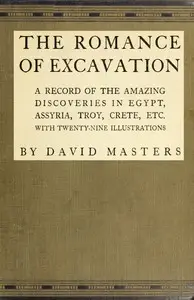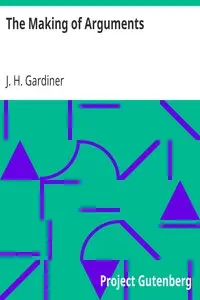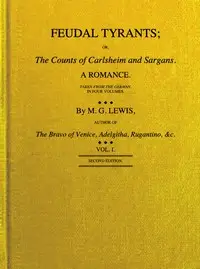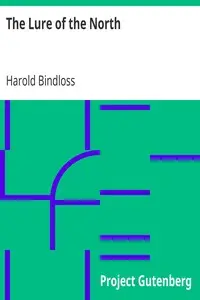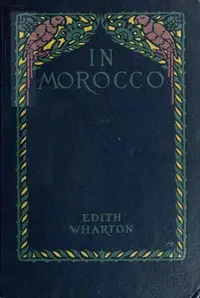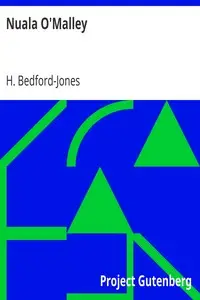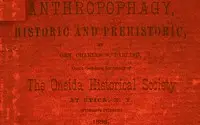"This Troubled World" by Eleanor Roosevelt is a political and philosophical treatise written in the late 1930s. The book addresses the pressing social and international issues of the era, reflecting on the global climate fraught with conflict, tension, and the escalating threat of war. Through thoughtful analysis, Roosevelt discusses the need for effective mechanisms to resolve international disputes and emphasizes the importance of fostering understanding among nations. In "This Troubled World," Eleanor Roosevelt examines the causes of unrest and conflict in the global arena, recognizing the complexity of national interests and the necessity for dialogue and compromise among nations. The text advocates for the development of international systems to address grievances before they escalate into violence, suggesting the establishment of a reliable authority to define aggressor nations and manage disputes. Roosevelt emphasizes the importance of education in transforming human nature and the collective desire for peace, urging individuals to cultivate a spirit of brotherly love and mutual respect. Ultimately, the book serves as a call to action, highlighting that true peace requires not only structural changes in international relations but also a profound shift in individual attitudes toward cooperation and compassion. (This is an automatically generated summary.)
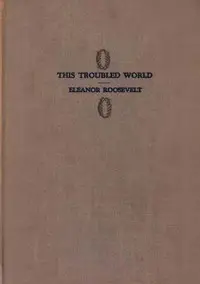
This Troubled World
By Eleanor Roosevelt
"This Troubled World" by Eleanor Roosevelt is a political and philosophical treatise written in the late 1930s. The book addresses the pressing social...
Anna Eleanor Roosevelt was an American political figure, diplomat, and activist. She was the first lady of the United States from 1933 to 1945, during her husband Franklin D. Roosevelt's four terms as president, making her the longest-serving first lady of the United States. Through her travels, public engagement, and advocacy, she largely redefined the role of first lady. Roosevelt then served as a United States Delegate to the United Nations General Assembly from 1945 to 1952, and took a leading role in designing the text and gaining international support for the Universal Declaration of Human Rights. In 1948, she was given a standing ovation by the assembly upon their adoption of the declaration. President Harry S. Truman later called her the "First Lady of the World" in tribute to her human rights achievements.


